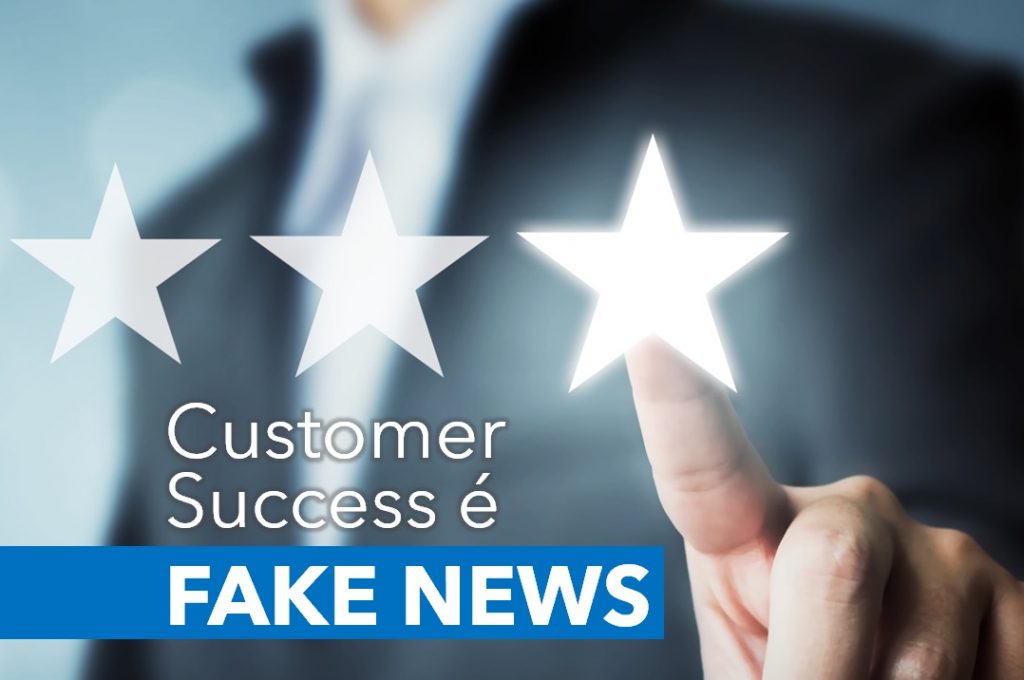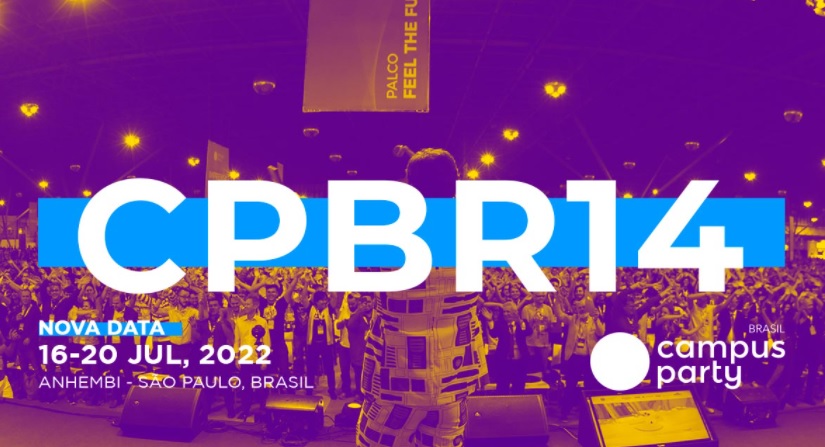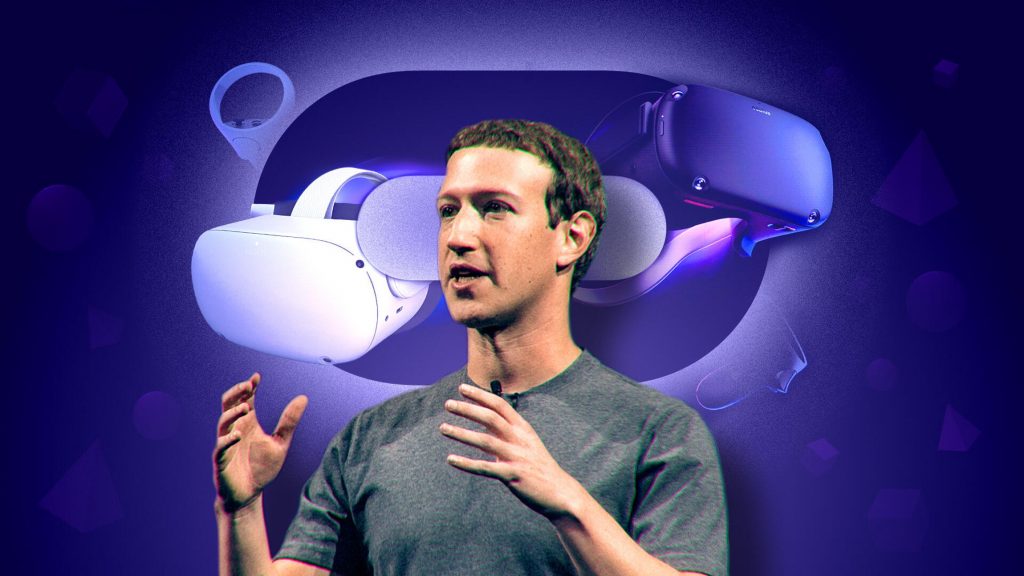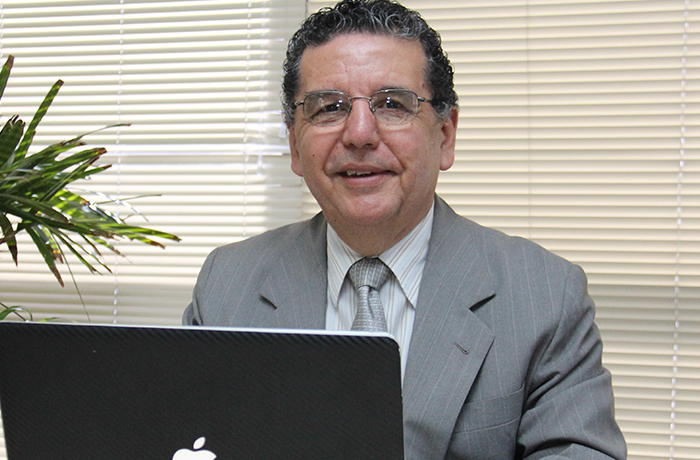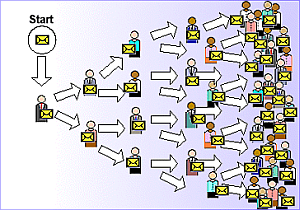Olá buscadores de resultados,
“Ai,
ai! Ai, ai!… Vou chegar atrasado demais!” assim surge o Coelho Branco
(White Rabbit) que é um dos personagens intrigantes do livro “As Aventuras
de Alice no País das Maravilhas”, de Lewis Carroll. Frequentemente olhando
o relógio, é ele quem faz com que a Alice o persiga até a toca, dando início a
uma longa jornada de aventuras. O tempo, simbolizado pelo Coelho, diz muito
sobre a qualidade da experiência trilhada pelo cliente em sua jornada.
Independente dos diversos
canais de atendimento disponíveis, é preciso levar o tempo em conta como medida
de partida para uma boa experiencia.
Um cliente afirmou que nunca trocaria o email pelo chat.
Outro dia, ouvi de um amigo – o Buzarca, gerente de atendimento
(já falei dele em outros posts que podem ser encontrados aqui ao lado direito),
que um cliente tinha o hábito de se relacionar com a mesma empresa diariamente.
Ao ser questionada se trocaria o canal de email por um canal mais fluido, tipo
chat on line, ele foi enfático em dizer que jamais gastaria o tempo dele
“pendurado” até obter a resposta que ele precisava pelo chat.
“Mas é justamente por isto que oferecemos o chat para o
senhor! É para agilizar!” – Explicou o Buzarca ao cliente. E
então, o Buzarca ouviu uma dolorida lição aqui compartilhada: “Agilidade
para mim é pedir algo, e enquanto eu faço outra coisa, vocês trabalham na
solução e me entregam pronto no final do dia! Desse jeito só pelo email, como
faço todos os dias!”
Pois é, a oferta cada vez maior de canais cresceu após a adoção de
ferramentas omnichannel, no entanto, perceba aqui que o segredo do negócio não
é a tecnologia – o fiador da experiencia do cliente neste caso é o próprio
tempo, no caso, tempo de solução. Em um país pouco pontual como o nosso, o
tempo – cada vez mais escasso, tem sido ainda mais valorizado.
Portanto, antes de definir entre a migração de um canal de
atendimento por um mais “digital”, pense se o cliente vai precisar
usar o tempo dele ou se será utilizado o tempo da empresa.
E então, vai ser no meu tempo ou no seu tempo?
Se a opção
é usar o tempo da empresa para atender o cliente, como um
“concierge”, isto vai custar mais caro e deve ser utilizado para
clientes de alto valor. Importado da hotelaria, o termo concierge designa o serviço
responsável por assistir clientes desempenhando um papel de ajuda, fazendo
tarefas quando solicitadas.
Agora se a opção for para que o cliente utilize o próprio tempo,
mais conhecido como autosserviço, então o processo deve ser pensado para
clientes mais econômicos. Esta regra não é uma unanimidade e vai depender de
muitas variáveis, e nem sempre econômicas. Uma recente pesquisa, por exemplo, apontou que parte dos millennials
(nascidos entre os anos 80 e final dos 90) tem um outro tipo de relação com os
canais de atendimento, como por exemplo, 30% deles preferem limpar um banheiro
do que falar com atendimento ao cliente.
E se você tivesse o dom de parar o tempo, e continuar os seus
afazeres de onde parou, quando você quiser? Pois bem, já existe o WhatsAPP – algo
entre o chat e o email.
Enfim, saber administrar o tempo determina o sucesso de uma boa
experiência. Isto afeta diretamente a qualidade, a quantidade e a própria
satisfação com o atendimento. Pensando bem, o Buzarca bem que poderia tentar
oferecer alguma ferramenta de mensagem instantânea para o cliente acima.
Afinal, tempo também é dinheiro.
Você concorda ou discorda destas informações? Gostaria de
compartilhar sua experiência conosco? Então deixe um comentário ou escreva um
e-mail para nós.
Hello
results seekers,
“Oh,
oh, oh, I´m going to be too late!” so is the White Rabbit who is one of
the intriguing characters in Lewis Carroll´s book “The Adventures of Alice
in Wonderland.” Often looking at the clock, it is he who causes Alice to
chase him to the burrow, setting off on a long journey of adventure. Time,
symbolized by the Rabbit, tells a lot about the quality of the experience the
client has experienced on his journey. Regardless of the various service
channels available, you need to take time into account as a starting point for
a good experience.
One
customer stated that he would never trade the email through the chat.
The other
day, I heard from a friend – Buzarca, the service care manager (I´ve already
mentioned him in other posts that can be found here on the right side), that a
client had a habit of relating to the same company daily. When asked if he
would trade the email channel for a more fluid channel, such as chat on line,
he was emphatic in saying that he would never spend his “waiting”
time until he got the answer he needed from the chat.
“But
that´s exactly why we offer you the chat! It´s to speed up! “- explained
the Buzarca to the client, without further ado. And then, the Buzarca heard a
painful lesson here shared: “Agility for me is to ask for something, and
while I do something else, you work on the solution and deliver me ready at the
end of the day! This way just by email, like I do every day! “
Well, the
ever-increasing supply of channels has grown after the adoption of omnichannel
tools, however, realize you here that the secret of business is not technology
– the guarantor of customer experience in this case is time itself, in this
case time of solution. In a little punctual country like ours, the time –
increasingly scarce, has been even more valued.
So before
defining between migrating a service channel to a more “digital” one,
think about whether the customer will need to use his time or whether the
company time will be used.
So, will
it be in my time or in your time?
If the
option is to use the company´s time to serve the customer, as a
“concierge”, this will cost more and should be used for high-value
customers. Imported from hospitality, the term concierge designates the care
service responsible for assisting clients by playing a helping role, doing
tasks when requested.
Now if the
option is for the client to use the time itself, better known as self-service,
then the process should be thought for more economical clients. This rule is
not unanimity and will depend on many variables, and not always economic. A recently research, for example, has shown that some
millennials (born between the 1980s and the late 1990s) have another type of
relationship with service channels such as for example, 30% of them prefer
cleaning a bathroom than talking to customer service.
What if
you had the gift of stopping time, and continuing your chores where you left
off, when you want? Well, there is already WhatsAPP – something between chat
and email.
Finally, managing the time determines the success of a good
experience. This directly affects the quality, the quantity and the
satisfaction with the service. On second thought, the Buzarca might as well try
to offer some instant messaging tool to the above customer. After all, time is
money, too.
Do you agree or disagree with this
information? Would you like to share your experience with us? Then leave a
comment or write us an email.



